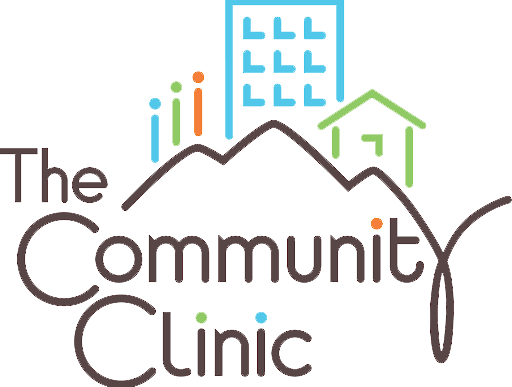The Community Clinic is approved by the Department of Public Health to provide outpatient treatment for gambling including assessment, counseling, and on-going support. People enter into these services voluntarily. They are often facing problems with gambling including lottery, casino gambling, sports betting, and on-line gambling.
What Is Gambling?
According to mass.gov – Gambling Disorder is the diagnostic label that the American Psychiatric Association uses to describe clinical levels of excessive gambling in its Diagnostic and Statistical Manual of Mental Disorders. Most people who struggle with gambling do not have Gambling Disorder, but nonetheless still can experience meaningful harm. Excessive gambling also has been described as gambling-related problems, problem gambling, intemperate gambling, compulsive gambling, and more. These guidelines refer to both Gambling Disorder, and more generally, gambling-related problems.

Gambling Concerns To Be Aware Of:
CONTROL
People with Gambling Disorder often feel a loss of Control over their gambling. They might try to quit unsuccessfully or hide their gambling behavior.
CONTINUE
People with Gambling Disorder often Continue gambling despite bad consequences. For example, they might not fulfill work or home obligations, or have legal problems. They also might have repeated social problems, like getting into fights and conflicts with other people.
CRAVE
Crave gambling or feel a compulsion to gamble.
Gambling Diagnostic Criteria
DSM 5 Gambling Disorder: The Diagnostic and Statistical Manual of Mental Disorders provides a series of symptoms commonly found among people with gambling disorders.
These symptoms include:
1) Persistent and recurrent problematic gambling behavior leading to clinically significant impairment or distress, as indicated by the individual exhibiting four (or more) of the following in a 12-month period:
A) Needs to gamble with increasing amounts of money in order to achieve the desired excitement.
B) Is restless or irritable when attempting to cut down or stop gambling.
C) Has made repeated unsuccessful efforts to control, cut back, or stop gambling.
D) Is often preoccupied with gambling (e.g., having persistent thoughts of reliving past gambling experiences, handicapping or planning the next venture, thinking of ways to get money with which to gamble).
E) Often gambles when feeling distressed (e.g., helpless, guilty, anxious, depressed).
F) After losing money gambling, often returns another day to get even (“chasing” one’s losses).
G) Lies to conceal the extent of involvement with gambling.
H) Has jeopardized or lost a significant relationship, job, or educational or career opportunity because of gambling.
I) Relies on others to provide money to relieve desperate financial situations caused by gambling.
2) The gambling behavior is not better explained by a manic episode.
People meet the DSM standard for Gambling Disorder when they satisfy 4 of these criteria.
Of Note: The American Psychiatric Association recently made a major change to its treatment of gambling-related problems within its Diagnostic and Statistical Manual of Mental Disorders. In prior editions, gambling-related problems were included in the manual’s Impulse Control Disorders section under the diagnosis, Pathological Gambling. Today, gambling-related problems are located with other addictive behavior, like Substance Use Disorders, and use the diagnosis, Gambling Disorder. The co-location of gambling with other addictive behavior reflects the shared preceding conditions, developmental processes, and consequences of these problems. Notably, many of the Evidence-based Practices for Treating Gambling Disorder also are evidence-based practices for other expressions of addiction
More information at: https://www.mass.gov/info-details/defining-problem-gambling


